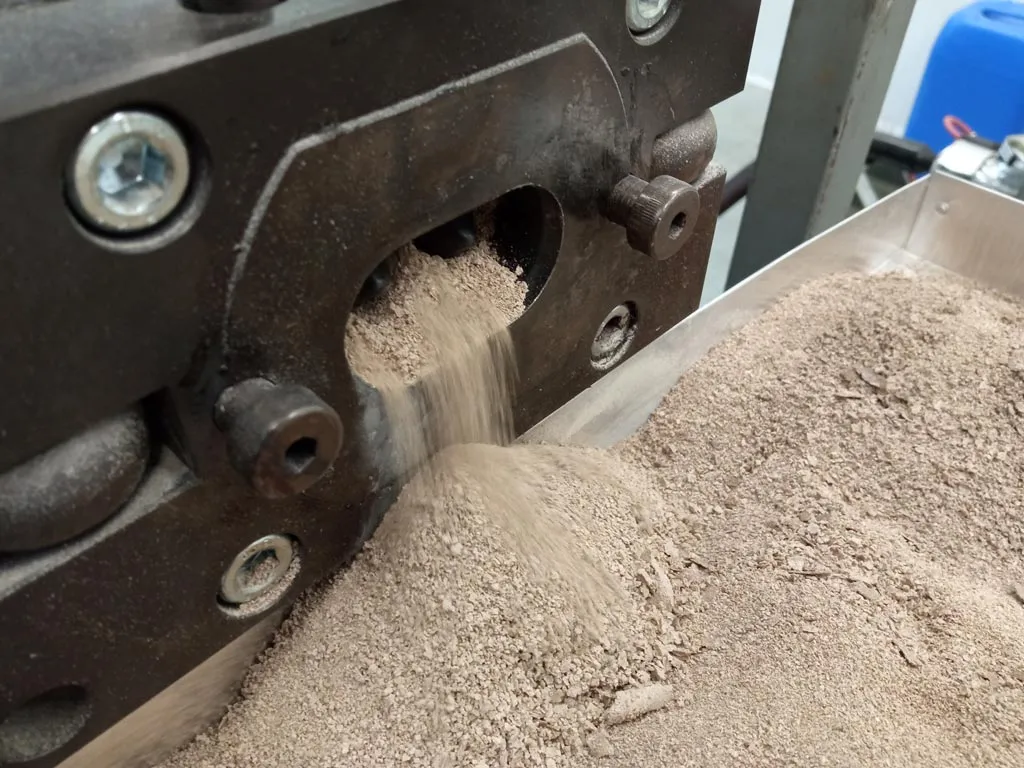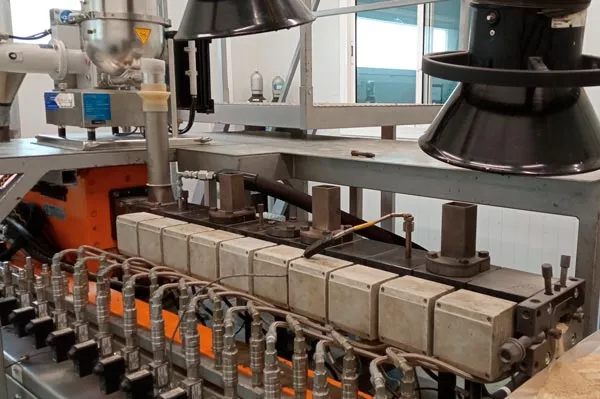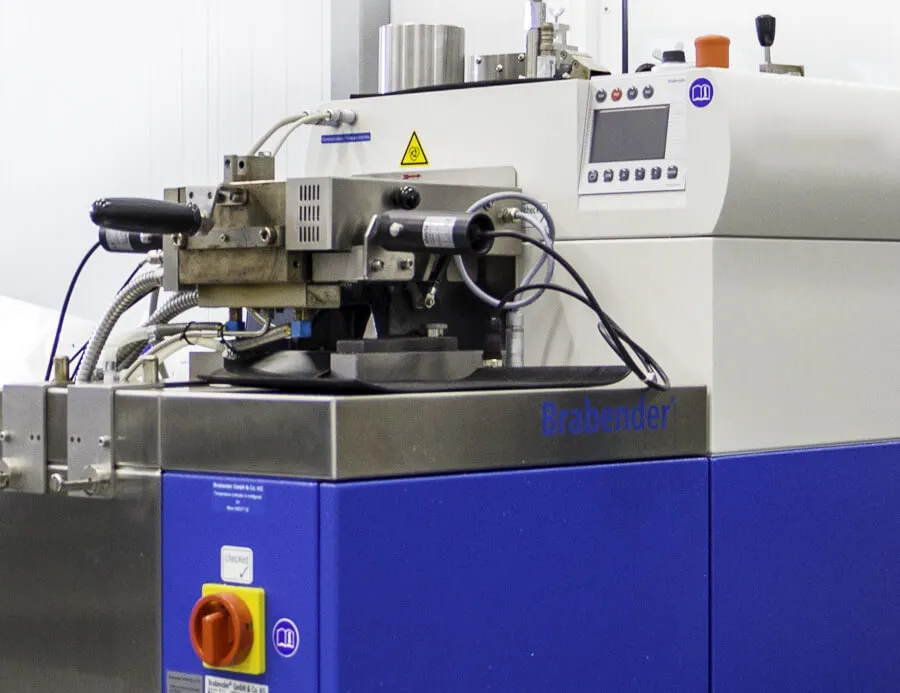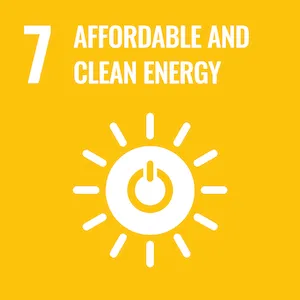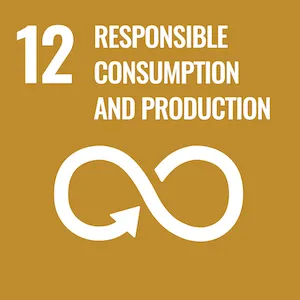Mechanochemistry
Mechanochemistry is based on the concept that mechanical energy exerted on a material produces chemical transformations and physical changes to the material.
Mechanochemistry is one of the oldest sciences used by humanity. As can be deduced from the name, it is based on the concept that mechanical energy exerted on a material produces chemical transformations and brings physical changes to it.
It is easy to think of prehistoric men working with mortars to prepare, for example, the paints with which they drew the walls of caves, or the natural drugs of the time. All this is Mechanochemistry. Simply providing energy to the system through grinding or mechanical energy can be enough to activate a chemical reaction.
The environmental sustainability that distinguishes mechanochemical processes from traditional ones granted it the recognition of a chemical science with “the potential to change the world” according to the International Union of Pure and Applied Chemistry (IUPAC), a title that has strongly promoted its research.
Advantages of mechanochemistry
The most interesting advantage that characterizes this technique is the possibility of conducting a chemical process in the absence of solvents, or using a minimum amount of them, working with the reagents in a solid state. This eliminates problems associated with the toxicity of solvents and/or the solubility of some compounds, associated emissions, and reduces the carbon footprint.
Furthermore, these processes can be carried out without the need to provide external temperature to the system, without purification of the products obtained and usually involve a shorter reaction time (just a few minutes or at most a few hours instead of days).
Solutions
It is a technology with great versatility, which allows us to provide solutions in various application sectors, materials and products, such as:
- Pharmaceutical and cosmetic industry (synthesis of APIs and active ingredients).
- Chemical industry (synthesis of organic and inorganic compounds, synthesis of catalysts).
- Plastic and recycling industry (synthesis of polymers and depolymerization of polymers and rubbers-devulcanization).
- Automotive and construction industry (synthesis of gas absorbing complexes (MOFs) such as CO2 and other pollutants, flame retardants, production of electrolytes, perovskites with applications in optoelectronics…).
- Agricultural and food industry (biomass valorization and production of fertilizers, biostimulants…).
Equipment
The required mechanical energy input is obtained thanks to the action of certain equipment, among others, ball mills and extruders. The variable production capacity of this equipment allows studying the viability of a process from an initial laboratory scale to a continuous industrial scale, easily reaching the market and offering efficient and eco-sustainable alternatives to current industrial processes.rheometer
